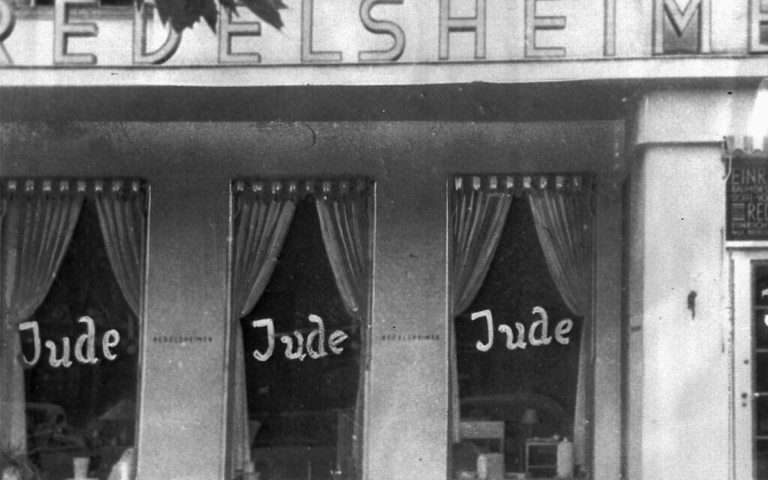
Holocaust survivors’ stories will be soon available on social media to reach the younger ones, as researches show that they know fewer and fewer about the topic. Holocaust survivors have recourse to social media to share their experience and explain younger generations how easy it is to move from words to deeds.
Holocaust survivors tell their stories
The #ItStartedWithWords campaign, organized by the NYC-based Conference of Jewish Material Claims Against Germany and promoted also by UN, is released on the occasion of Israel’s Holocaust Remembrance Day. The project includes a series of six short videos portraying stories of Holocaust survivors.
The videos and a compilation will be published on Wednesday over social media platforms as Facebook, Instagram and Twitter.
Sidney Zoltak, an Holocaust survivor from Poland, commented: “We are few in numbers but our voiced are heard. We are not there to tell them stories that we read or that we heard — we are telling facts, we are telling what happened to us and to our neighbors, and to our communities, and I think that this is the strongest possible way.”
The aim of the campaign is to educate people, especially young ones, about how the Nazi party laid the first stone of Holocaust with a subtle propaganda against Jewish population and to remind everyone the importance of words.
International Auschwitz Committee also insisted on this subject: “The survivors of Auschwitz experienced first-hand what it is like when words become deeds” and warned us not to be indifferent.
Claims Conference President Gideon Taylor explained: “The Holocaust didn’t come out of nowhere. Before Jews were driven out of their schools, their jobs, their homes, before the synagogues, shops and businesses were destroyed and before there were ghettos and camps and cattle cars, words were used to stoke the fires of hate.”
When Nazi party rose to power in Germany in 1933, immediately put its plan to “Aryanize” the country in action. It was a step-by-step process aimed at dehumanizing and segregating Jews. It all started with words, with posters and films that compared Jews to rats and animals and with public appeals to boycott jewish businesses. And gradually laws restricted all aspects of Jews’ life.
Young people know little about Holocaust
A recent survey carried by Claims Conference showed a remarkable lack of knowledge about Holocaust among Millennials and Generation-Z. In the US 63% of them didn’t know that 6 million Jews were killed and 48% could not mention a single death or concentration camp.
Worrying news also come from an Israeli study released this week. Researchers found out that lockdowns transferred anti-Semitic hatred online during 2020 and conspiracy theories about a jewish responsibility for the pandemic emergency started to spread. Tel Aviv University declared that acts of violence against Jews decreased in 40 countries due to the restrictions. But this doesn’t mean that the problem has been fixed. There are indeed many concerns that online hatred could turn into physical attacks once lockdowns end.




